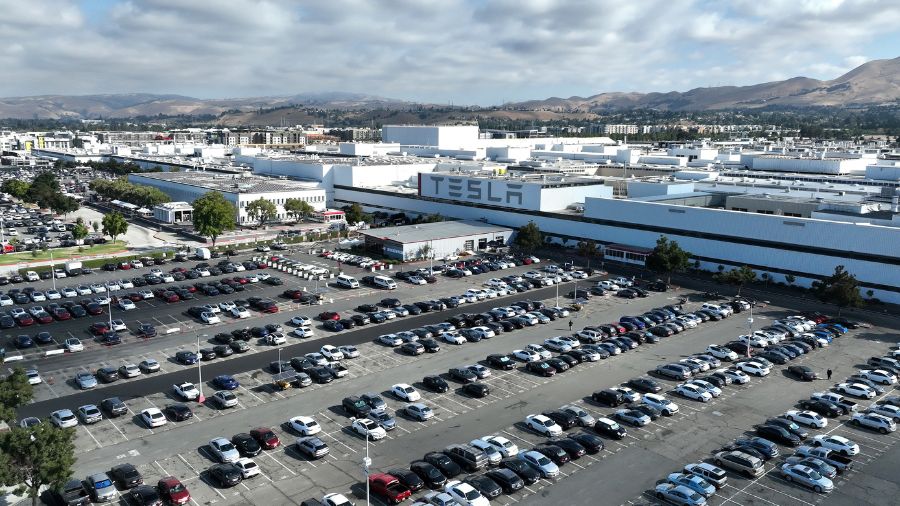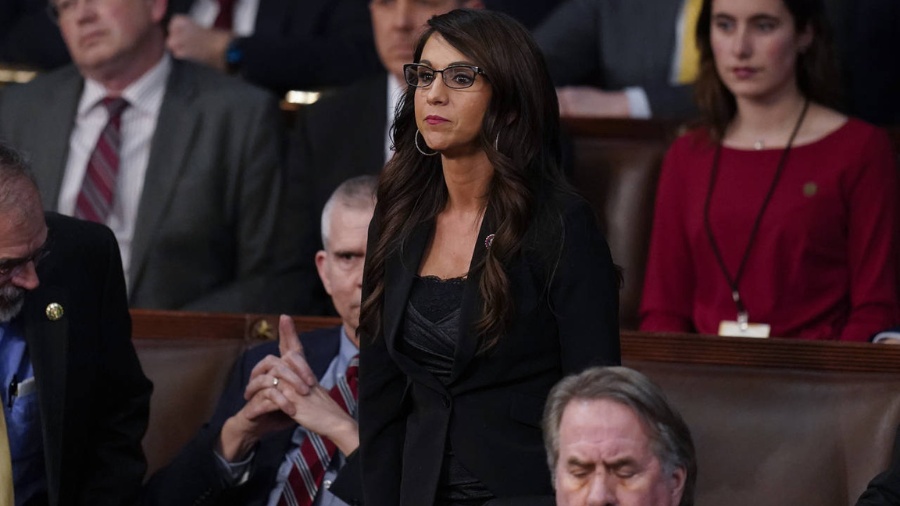The fight over I-522: Do we really need GMO food labels?
Oct 28, 2013, 8:07 AM | Updated: 10:01 am
Depending on who you believe, putting labels on foods that include genetically-modified organisms or GMOs is a critical step in protecting consumers, giving them more information about what they eat, or a “clumsy” and “costly” effort that does little more than add layers of bureaucracy, and fails to provide consumers with accurate and truly usable information.
But one thing is certain: It’s become the most contentious and expensive issue on the November ballot.
Big money has poured in on both sides. Washington voters have been inundated with a barrage of ads. The biggest donors to the No on 522 campaign include chemical companies like Monsanto and the Grocery Manufacturers Association, a trade group backed by the likes of Pepsi, Nestle, General Mills and other food companies.
“We label if a juice is from concentrate or not. We label whether or not an ingredient is artificial or not. Even though the artificial vanilla is molecularly identical to the natural vanilla, we have a right to know it’s artificial,” says David Bronner, a leading donor to the Yes on 522 campaign.
Bronner is the CEO of Dr. Bronner’s Magic Soaps, a popular maker of all natural beauty products.
“We are in America. We have a right to know what we want to know about our food.”
But Bronner, a Harvard trained scientist, says his concerns are about more than consumer choice. His biggest worries are about the underlying use of GMOs, accusing chemical companies of using them to develop plants resistant to their weed killers, in turn driving the need for even more chemicals.
“GMOs are just doubling down and making the problem much worse,” he tells KIRO Radio’s Dave Ross, on Ross’ podcast ROSSFIRE. “There are some legitimate safety concerns, but the biggest concern is environmental.”
Bronner was a driving force behind a California ballot measure to require labeling of GMO foods. It was narrowly defeated by a 53-47 percent margin last November.
Bronner and backers here in Washington say the bill was defeated because of a massive influx of cash that drowned out the truth.
But Dana Bieber with the No on 522 campaign tells Ross the measure was defeated in California and should be defeated in Washington as well because the labels would be “inaccurate, incomplete and inconsistent.”
The label would be required to be placed on the front of the package and would read: “Partially produced with genetic engineering.”
“Information is only useful if it’s accurate, and that’s where Initiative 522 fails consumers,” says Bieber.
Bieber argues the measure is flawed because it would mandate special labels and signs for foods containing GMO ingredients when they are sold in supermarkets, but it exempts restaurants from providing information about the same ingredients in their foods.
Foods imported from foreign countries would be exempt if manufacturers simply claim they’re exempt. So I-522 would not even give consumers a reliable way of knowing which foods contain GE ingredients and which don’t, she says.
“It actually requires food to be mislabeled. Any food that contains a sugar, or a corn oil or canola oil would have to be labeled GE,” she says.
Bieber argues for example, a sandwich made with foods containing GMOs by the deli section of your local grocery store would be exempt from labeling, but a pre-made sandwich would require the label.
She says dozens of foods that should be labeled get an exemption. “Meat, milk and eggs that come from animals that were fed GE (genetically-engineered) grains and injected with GE medications get a special exemption,” she says.
Bieber says consumers already have labeling that gives them all the information they need about the food they are eating.
“For consumers that want to choose foods without GE ingredients in them, they have two labels not just one. They can look for the USDA organic label or the non-GMO label. Both are 100 percent reliable and they don’t have all these complex and confusing exemptions that are included in 522.”
But Bronner says not only do we have a right to know what’s in all of our foods, it’s clear the opponents of 522 are hiding something. He points to a recent lawsuit filed by Washington Attorney General Bob Ferguson, accusing the Grocery Manufacturers Association (GMA) of illegally collecting and spending more than $7 million while shielding the identity of its contributors.
“It’s not a good idea, really, to be fighting what your customers want to know about their products,” he says.
Bieber says so many companies are opposed to the measure because it would significantly drive up their costs, not so much by reprinting labels or making stickers, but by actually reformulating their foods.
“The food producers, 85 percent of the time, remade their food because they don’t want to put a warning label on their iconic brand. (They’re) meant to imply there’s something wrong or different about that food and it drives consumers away.”
The editorial boards of every major newspaper in the state agree, unanimous in their opposition to 522. All argue there is no research showing any negative health effects from GMOs.
But even if the measure fails in Washington, Bronner says opponents are fighting a losing battle.
“We continue to move the conversation forward, 64 other countries have the right to know. This is inevitable.”
Listen to Dave Ross’ extended conversations with David Bronner and Dana Beiber on the ROSSFIRE podcast.














